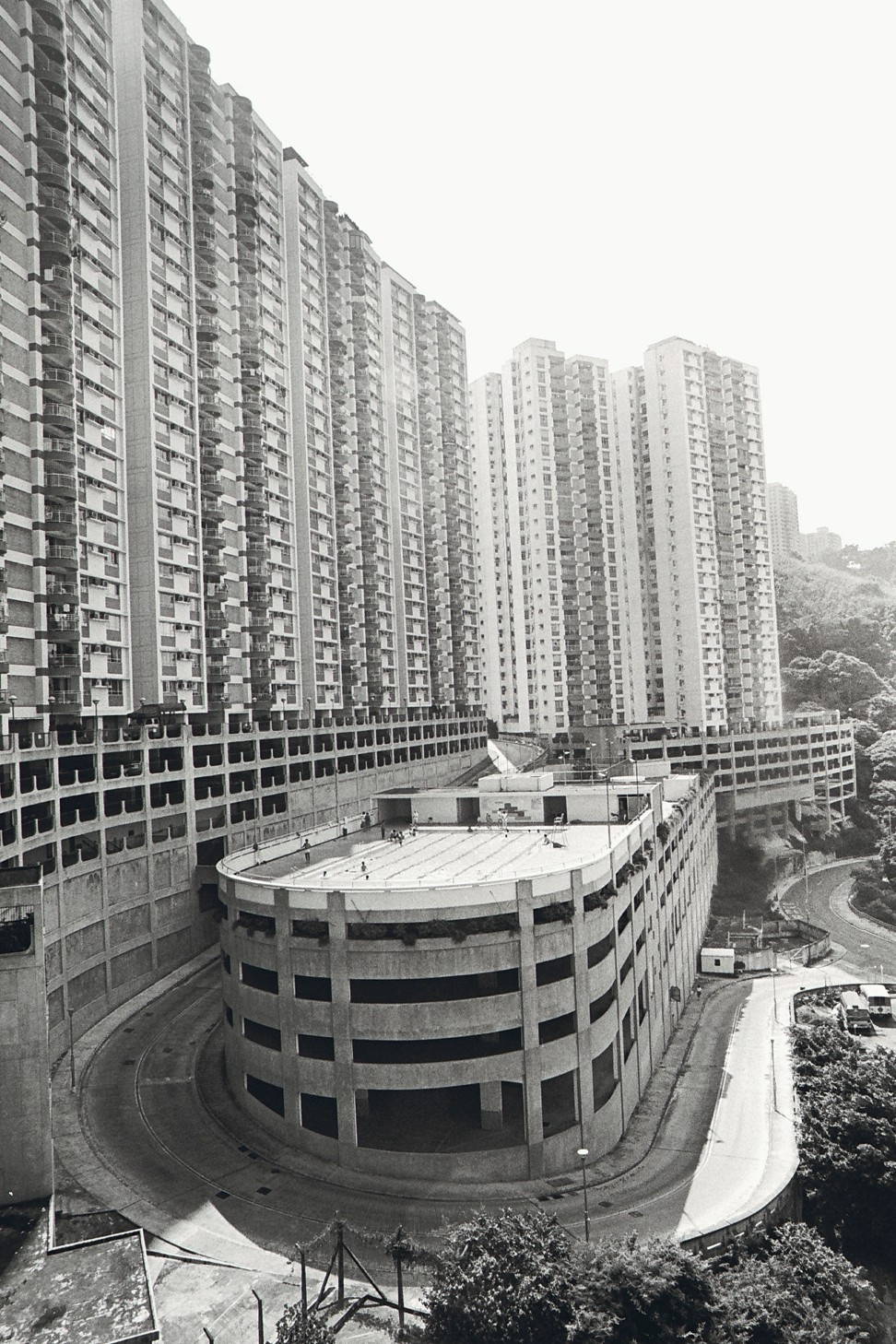
A time capsule mystery, fighting graft and Taiwan’s ambition: headlines from four decades ago
A journey back through time to look at significant news and events reported by the South China Morning Post during this week in history
Like something out of a mystery novel, a 1903 newspaper was found in a sealed time capsule from 1897 used to commemorate the 60th anniversary of Queen Victoria’s reign. Meanwhile, fighting corruption was a government priority following the establishment of the Independent Commission Against Corruption in 1974. And across the strait Taiwan was overtly gung-ho about “recovering” the mainland and doing all it could to build up its economic power to realise that dream.
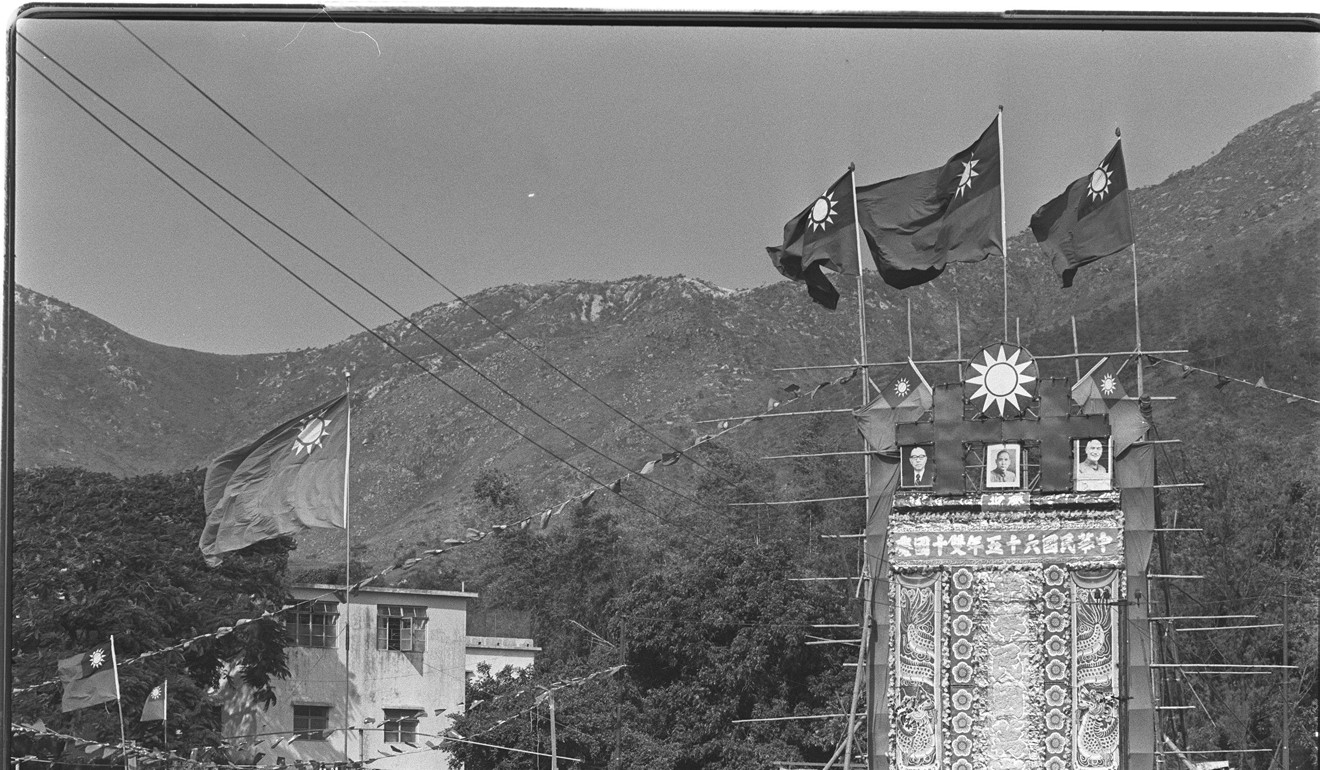
October 10, 1977
● In a message on the eve of the Double Tenth national day, or national day of the Republic of China, Taiwan’s president Yen Chia-kan declared the economic development on the island was meant as a blueprint for the construction of a new China when the nationalist government managed to recover the mainland.
October 11, 1977
● The curator of the Museum of History, Brian Peacock, found a 1903 newspaper in a sealed time capsule which was stored at the Victoria Road Memorial. Besides the November 9, 1903 copy of the China Mail, other items included several 1897 newspapers and five coins, dated from 1894 to 1897, in a small envelope marked “Jubilee Road Memorial Stone.” The time capsule was placed in the memorial to commemorate the 60th anniversary of Queen Victoria’s reign in 1897.
● Chinese in New York had rallied to the cause of a 25-year-old unemployed Hong Kong man and donated US$8,000 (HK$40,000 at the time) to help pay for his kidney transplant. Wong Ding-on first became aware of his condition at the age of 18 but it was not until six years later that Princess Margaret Hospital had the facilities to treat him.
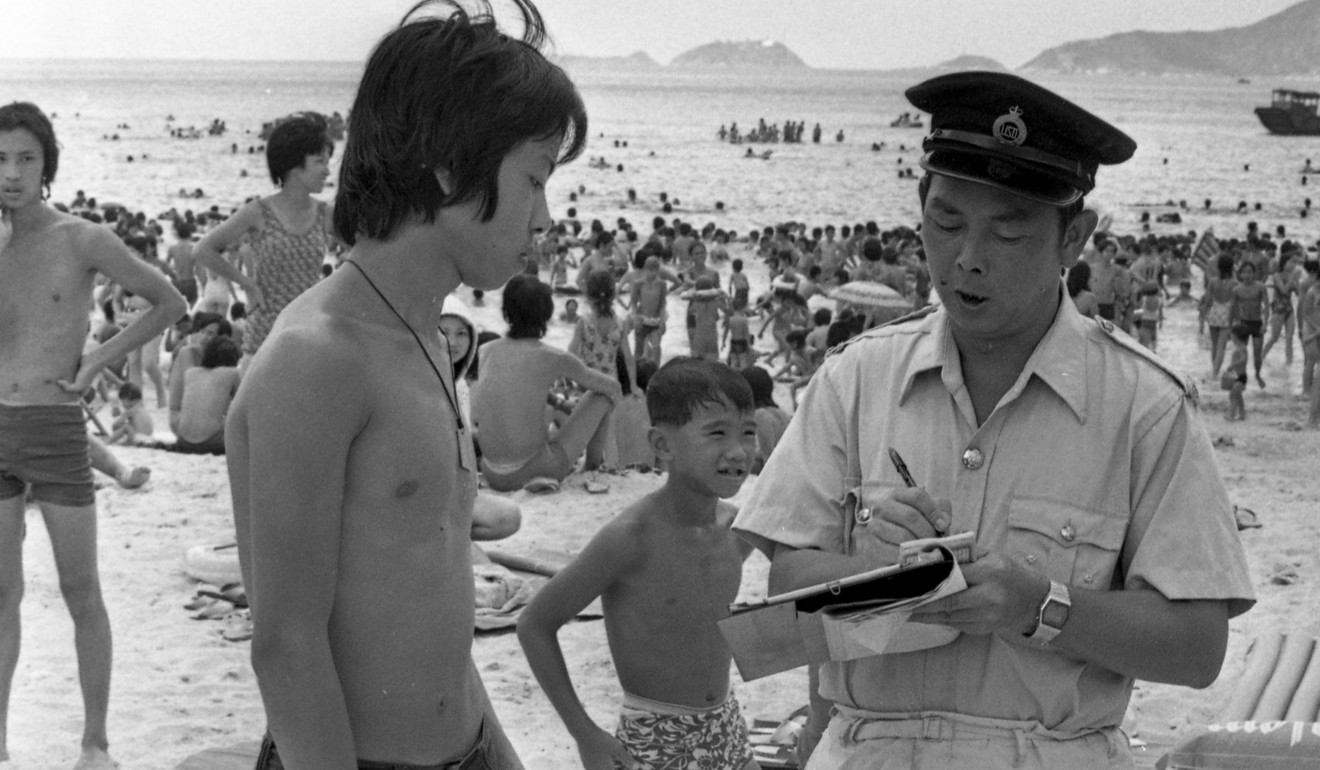
October 12, 1977
● The “Keep Hong Kong Clean” campaign committee had asked magistrates to help by imposing heavier fines on people who litter. More than 2,500 tonnes of refuse had to be cleared daily. It was a common sight to see people throw rubbish out of windows, vehicles or sweep it outside their homes into streets and corridors.
October 13, 1977
● Millions of Britons had seen a television account of progress being made to clean up corruption in Hong Kong. A special current affairs documentary about the campaign against vice, drugs and graft was shown on BBC2 during prime time. The programme stressed that Hong Kong was a “much cleaner place” now, as a result of the work of the Independent Commission Against Corruption.
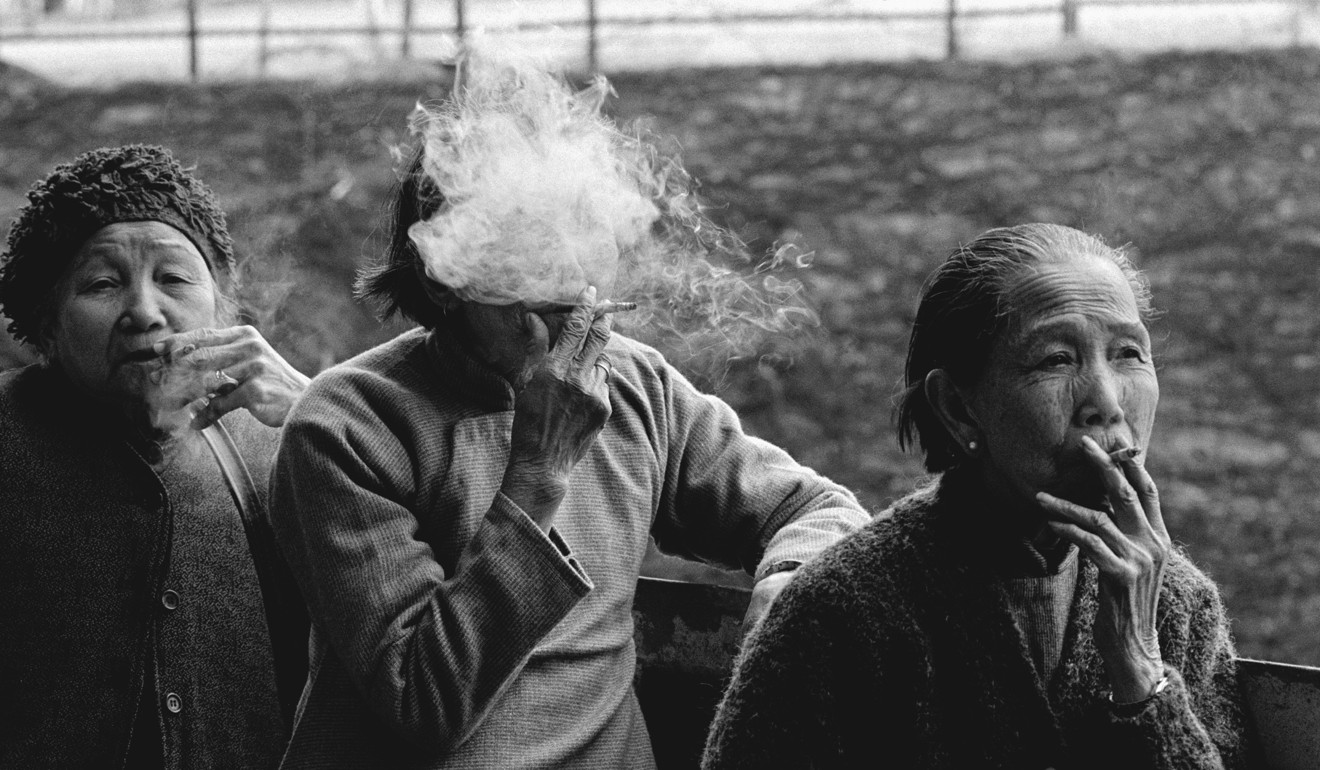
● A campaign organised by the Junk Bay Medical Relief Council and the Medical Service Committee of the Hong Kong Christian Council claimed that Hong Kong’s smokers spent HK$500 million each year on their habit, which was enough to build 20 housing estates. Some other startling statistics disclosed that on average, a smoker’s life was eight years shorter than that of a non-smoker. And a smoker of 20 years had smoked enough cigarettes to girdle the circumference of the globe.
October 14, 1977
● Chinese banking officials told businessmen accompanying West German Foreign Minster, Hans-Dietrich Genscher that its central bank was prepared to accept deposits from West German banks to finance major individual projects, of which none were in sight between the two countries at that point.
Former senior police officer, Peter Godber, sentenced to four years in prison for corruption, said in a TV interview after his release that “Hong Kong tends to overrate itself in the importance of graft”. The anti-graft body, the Independent Commission Against Corruption, reacted angrily with a statement saying whether the city was over-sensitive to graft “is a question on which the people of Hong Kong are far better judges than a corrupt, convicted criminal such as Godber”.
October 15, 1977
● Sixty flats leased by the government were standing vacant at a cost of HK$708,000. The units, in blocks 47 and 48 of Baguio Villas, were leased at the beginning of September for five years at HK$5,900 a month each. The government said they would not be allocated until late October and families were expected to start moving in from November 1.
● Chinese Minister of Foreign Trade Li Chiang had guaranteed continued supplies of mainland products to Hong Kong and Macau. The guarantee was contained in an article in this month’s issue of the journal, Red Flag. Furthermore, Li said Beijing wanted to boost trade with developed countries to acquire advanced technology. It’s believed he was referring to Japan and the European Economic Community.
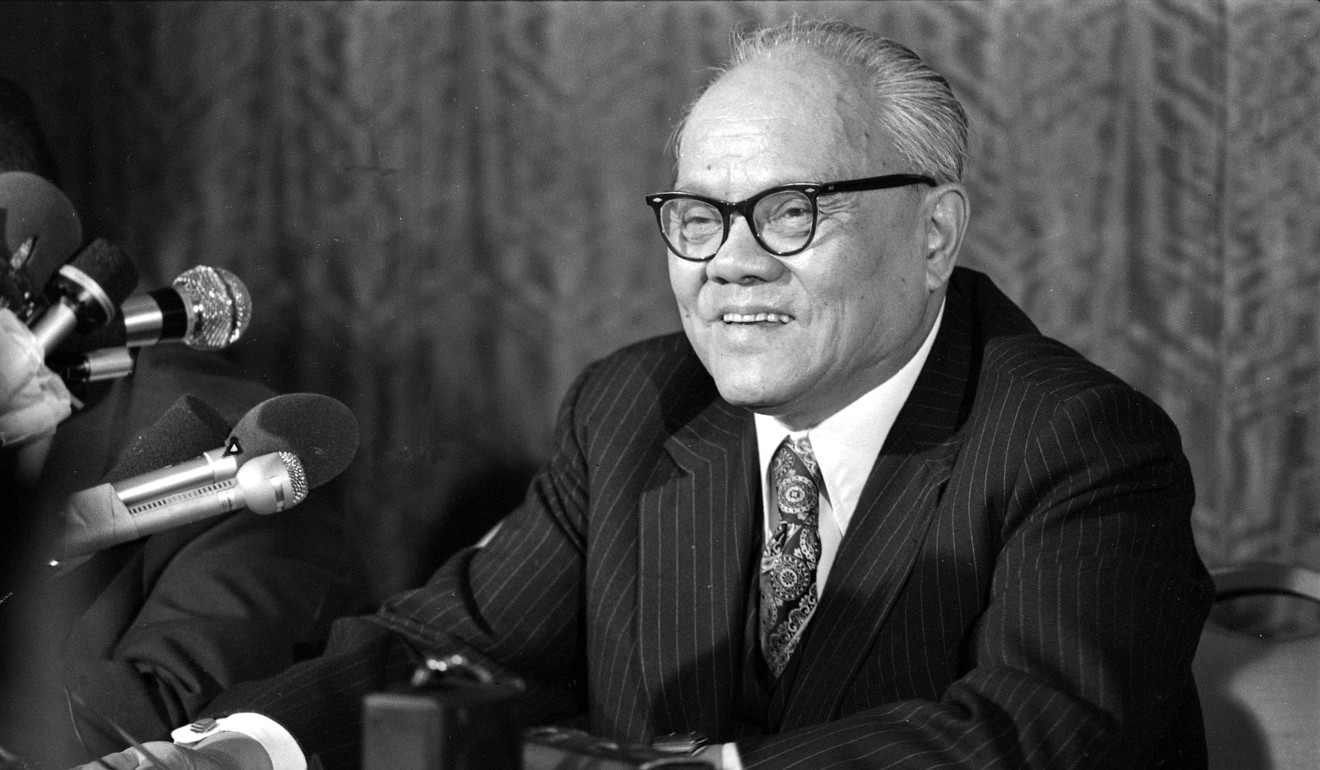
Remember A Day looks at significant news and events reported by the Post during this week in history


